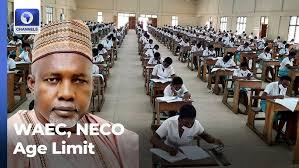The Federal Government has announced value-added tax (VAT) exemptions on several key energy products, including diesel, Liquefied Natural Gas (LNG), Compressed Natural Gas (CNG), and electric vehicles, in an effort to reduce prices and enhance energy security, Okay.ng reports. This was revealed in a statement on Wednesday by Wale Edun, the Minister of Finance and …


